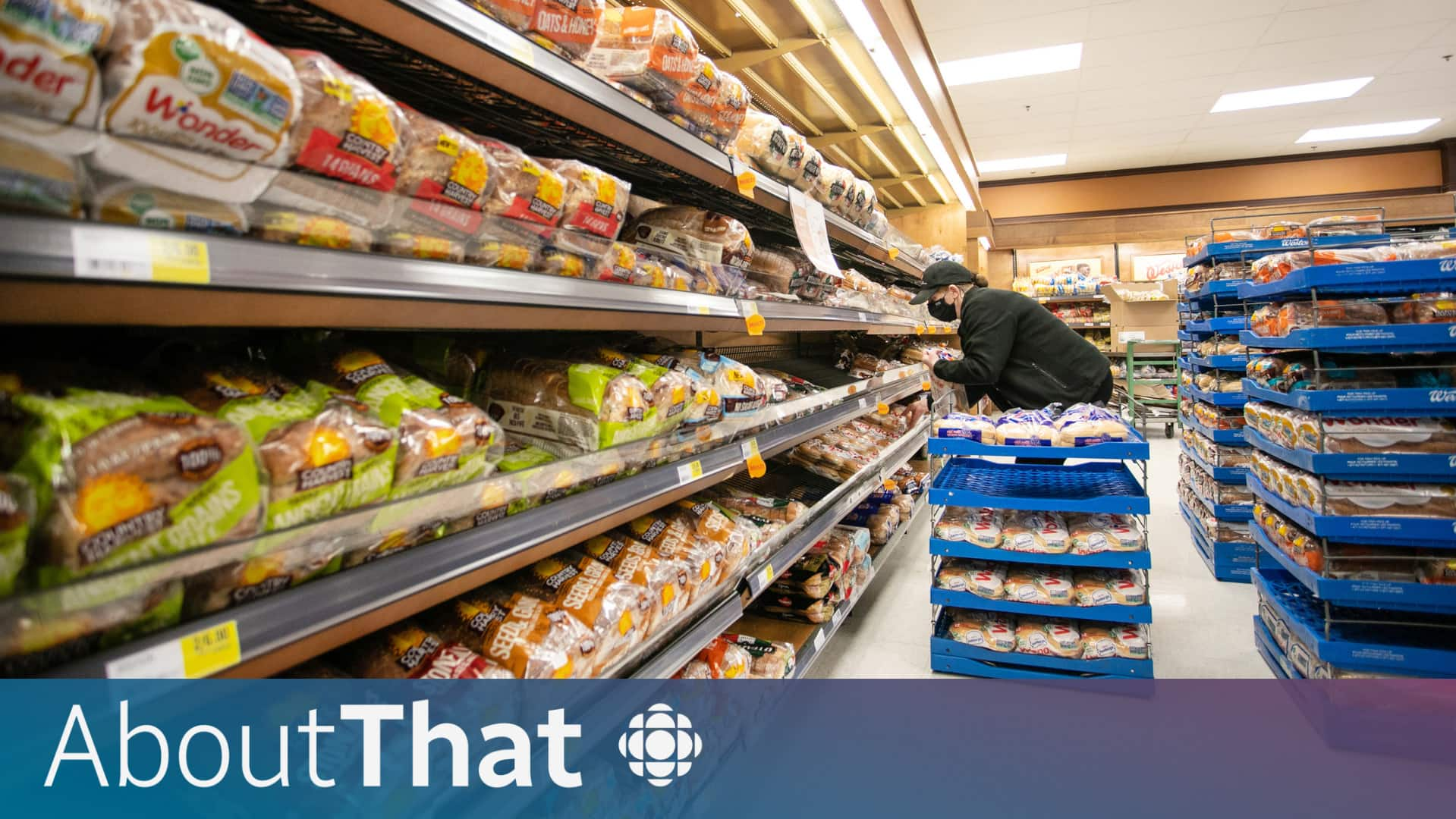New rules on wage-fixing and poaching kick in today | CBC News
New rules prohibiting wage-fixing and no-poaching agreements kick in today in an effort to crack down on companies undermining competition at employees’ expense.
It is now a criminal offence for two or more employers to form deals that fix, maintain, decrease or control wages.
The same goes for agreements that prevent companies from hiring or soliciting each other’s employees.
It comes after the federal government made amendments to the Competition Act’s conspiracy provision in June 2022.
The penalty for violating the wage-fixing and no-poaching provisions includes imprisonment for up to 14 years, and/or a fine to be set at the discretion of the court.
The amendment applies only to pacts between unaffiliated employers.
While the rules cover wage-fixing and no-poaching agreements between employers regardless of whether they compete in the supply of a product, the Competition Bureau says it expects to prioritize its enforcement on arrangements between companies competing for labour.
The new law also only targets no-poaching provisions that are mutual in nature, meaning if only one company agrees not to hire another’s employees, that’s not caught by the legislation.
New rules for price-fixing, too
New rules punishing agreements between employers that fix wages and restrict job mobility are not the only changes to Canada’s competition laws that come into force today.
New rules aimed at cracking down on price fixing also come into effect on Friday.
Previously, companies and individuals found to be working together to fix prices would face a maximum financial penalty of $25 million per violation. But from now on, fine amounts will be at the discretion of the court, which means there is no maximum cap.
That could prove pertinent as the Competition Bureau follows through on its high-profile investigation into the years-long conspiracy to artificially inflate the price of bread and other baked goods.
WATCH | How big bakeries worked together to push up the price you pay for bread:
Canada Bread must pay a $50 million fine for being part of a scheme to fix the price of bread in Canada over 14 years. It’s the highest fine the Competition Bureau has ever levied. Andrew Chang explains how the scheme worked, and why this may only be the beginning.
This week, the bureau announced its first guilty plea by a company involved in the scheme, one that saw bakeries and retailers work together to raise prices in unison. The bureau says the collusion baked in an extra $1.50 per loaf into the price of bread over more than 15 years.
Canada Bread, which makes Dempster’s, Stonemill, Vachon and other brand names of baked goods, has agreed to pay a $50 million fine for its role in the collusion, while the company was under previous management and ownership.
For all the latest Business News Click Here
For the latest news and updates, follow us on Google News.


